2018 marks 375th anniversary of Anne Hutchinson’s massacre
By Joanne Sloan
Anne Hutchinson (1591–1643) was the most famous and controversial English woman in colonial American history. A spiritual Puritan adviser, she was the leading figure in the Antinomian Controversy, which placed her against the established Puritan clergy.
This year is the 375th anniversary of her death.
She was born in Alford, England, to Bridget Dryden and Francis Marbury, a dissenting Anglican minister and schoolteacher. She was baptized on July 20, 1591. Anne’s father gave her a good education including instructing her in theology and conscientious dissent.
Anne married merchant William Hutchinson in 1612. After moving back to Alford, they traveled to St. Botlolpha’s to hear the preaching of John Cotton. After Cotton’s suppression for his Puritan views, he emigrated to the Massachusetts Bay Colony in 1633.
The next year, 43-year-old Anne left England with her 48-year-old husband and their 10 surviving children. The couple had 15 children total.
They became established in Boston and joined the First Church there, where John Cotton preached.
She became a host to women who met at her house weekly, where during a religious revival, she provided commentary on Cotton’s sermons. Soon about 80 people attended her lectures.
She accused local ministers (except for Cotton and her brother-in-law John Wheelwright) of preaching a “covenant of works” instead of a “covenant of grace.”
Thus began the Antinomian Controversy (1636–1638), later called the Free Grace Controversy. Antinomianism is a belief that those who are saved by grace are not under the authority of moral law.
With Cotton and Wheelwright, Anne believed that redemption was God’s gift to his people, and human effort could not earn it. She spoke against the Puritan “legal” ministers who taught that a moral life was sufficient grounds for salvation.
A ministerial synod cleared Cotton of heresy — but not Hutchinson. She was put on trial in 1637 and convicted of heresy. The General Court of Massachusetts banished her and her supporters from the colony. In November 1638 her Boston church excommunicated her.
Roger Williams, founder of the first Baptist church in America, convinced the Hutchinsons to settle in Providence, Rhode Island. They moved to Narragansett Bay and founded Portsmouth.
In August 1643 the Siwanoy Indians massacred Hutchinson and five of her children. Susanna, who was nine, was taken captive.
Today Hutchinson is remembered as a courageous woman devoted to religious liberty.
In 1987, Massachusetts Governor Michael Dukakis pardoned her, revoking the order of banishment by Governor Endicott 350 years earlier.
__________________________________________________________________
Editor’s Note — Joanne Sloan, a member of First Baptist Church, Tuscaloosa, has been a published writer of articles and books for 30 years. She has a bachelor’s degree double majoring in history and English from East Texas State University (now Texas A&M–Commerce) and a master’s degree specializing in English from the University of Arkansas (1978).

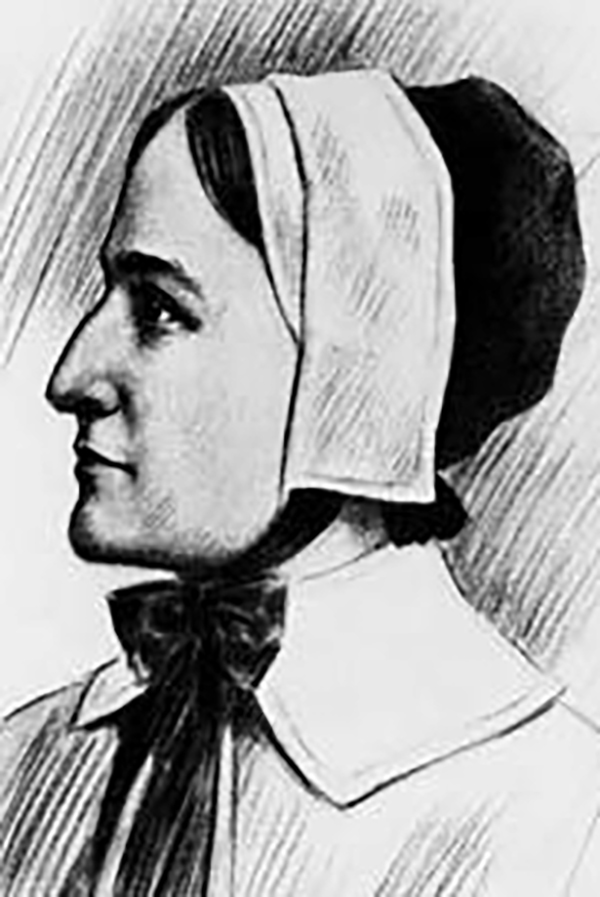
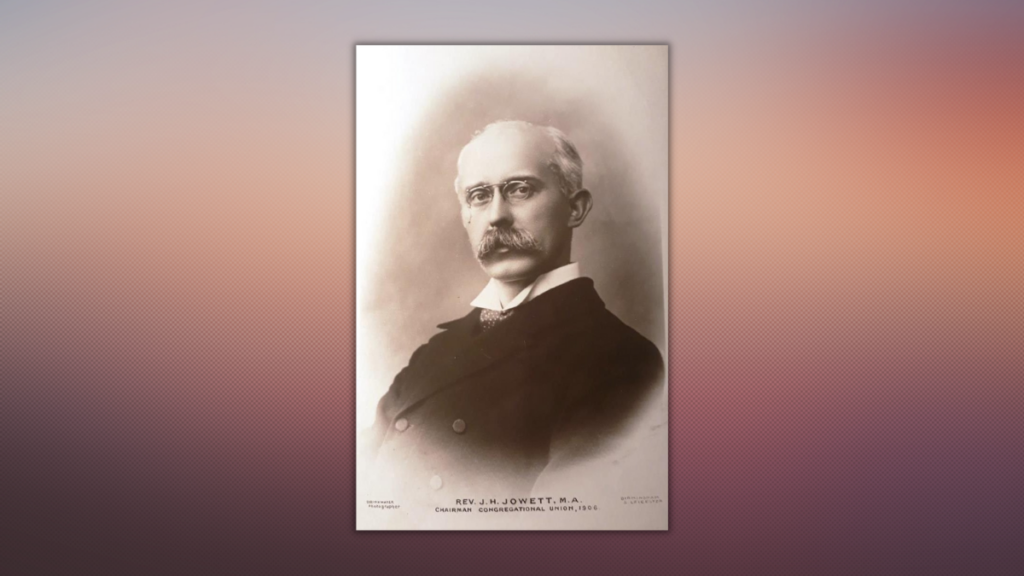
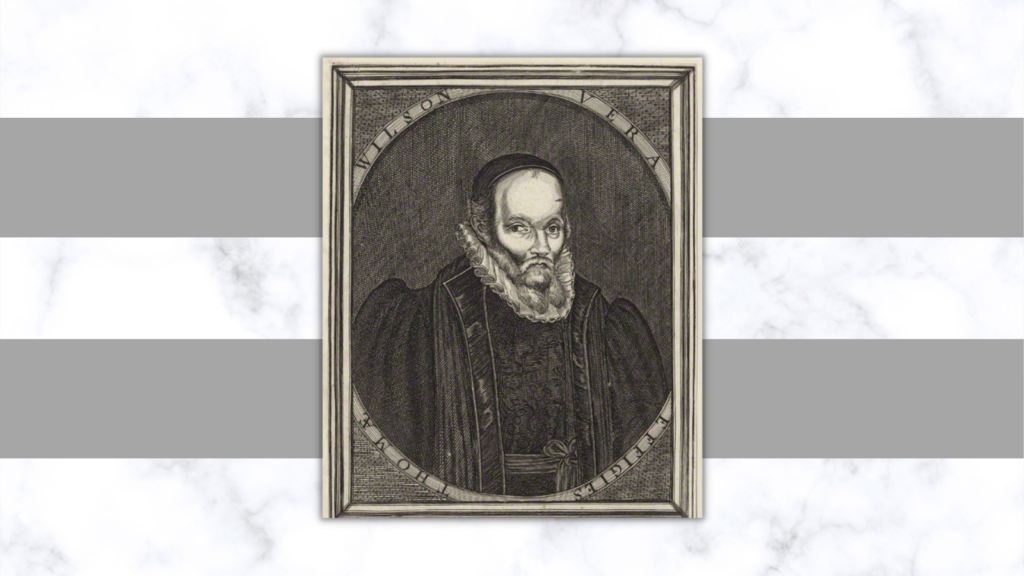
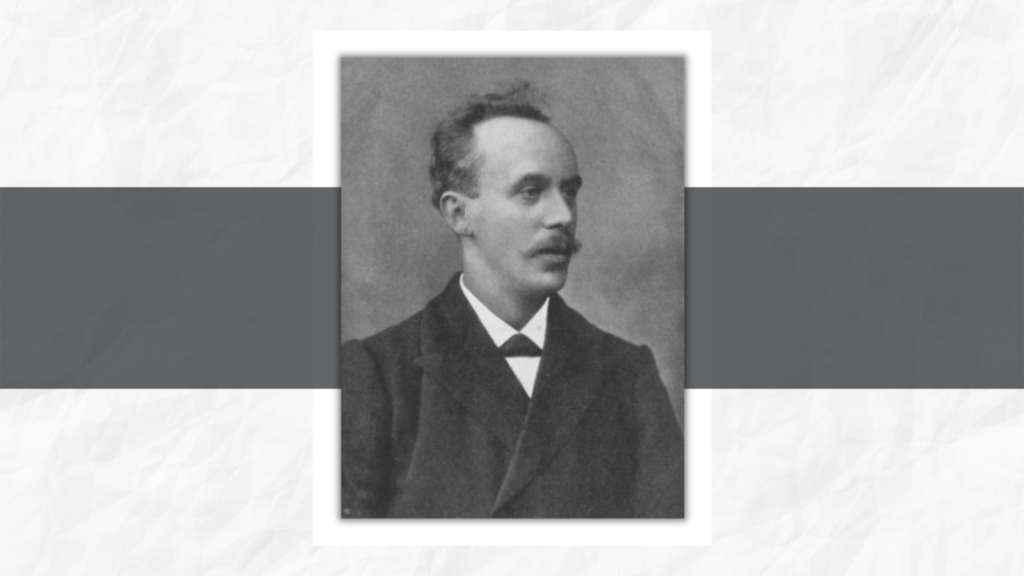
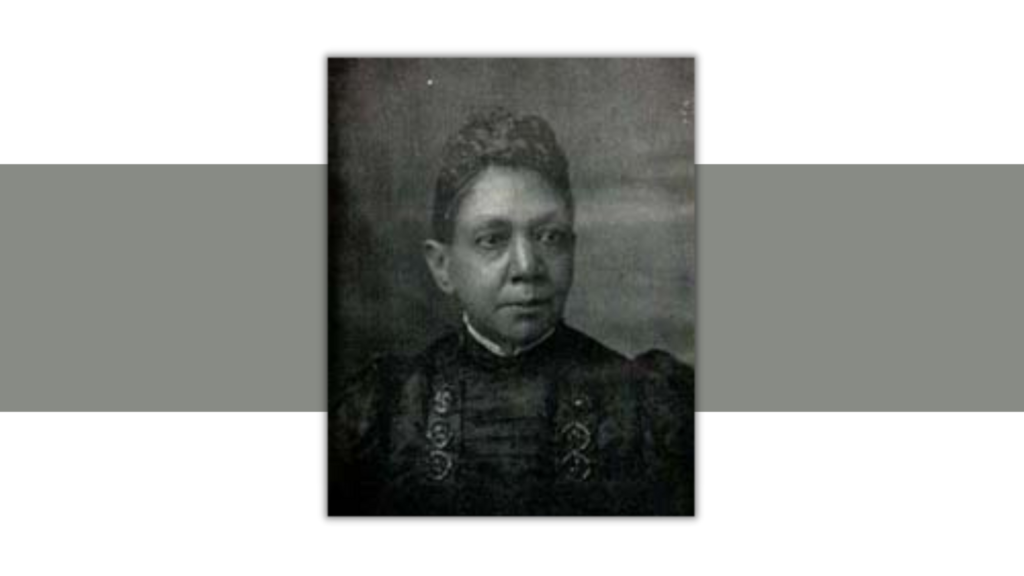
Share with others: